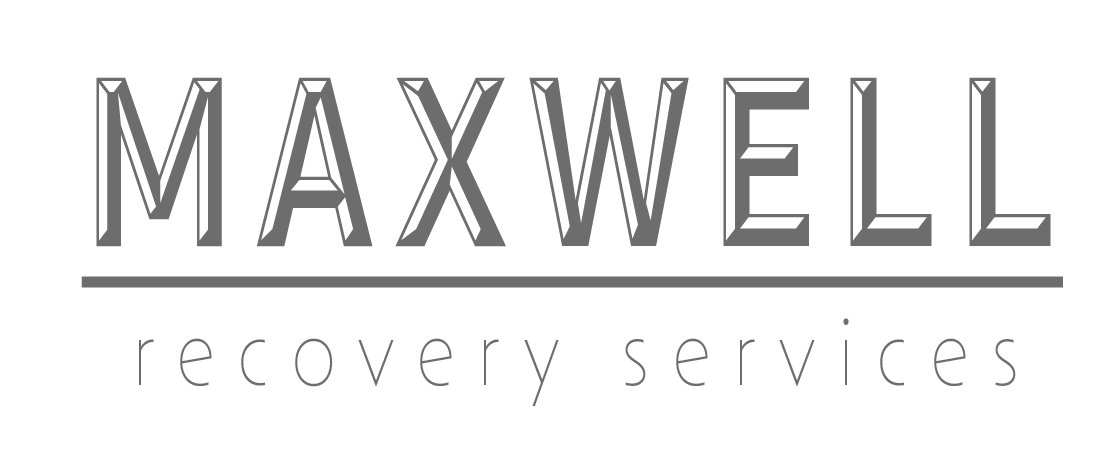The role of 12-step programs in conjunction with professional supports
Although professional support — such as residential, outpatient, or individual treatment — is often an appropriate first step for many seeking recovery, peer support programs can provide a helpful support structure for individuals either transitioning out of treatment or entering recovery at home.
There are many different peer support programs, both for individuals in recovery and their families. Examples of these groups include Alcoholics Anonymous, Cocaine Anonymous, Al-Anon Family groups, PALS, Smart Recovery, Refuge Recovery, Heroin Anonymous, etc.
Essentially, there are peer support groups for almost anyone. Despite some naysayers, the research on 12-step, and other peer support programs, is absolutely clear; they work. There are many studies that unequivocally show 12-step programs can be as effective as any other treatment, and are incredibly effective when used in conjunction with professional therapeutic support.
A longitudinal study conducted by the National Institute on Alcohol Abuse and Alcoholism (NIAAA) called Project Match, showed that 12-step facilitation was as, or more, effective than cognitive behavioral therapy (CBT). Again, I want to stress that 12-step facilitation and CBT can be a “both/and” rather than an “either/or.”
For more information on the effectiveness of 12-step programs, read the book “It works if you work it” by Dr. Joseph Nowinski. In this book, he breaks down the current research and explains the basic principles of most 12-step programs. Speaking of physicians, physician assistance programs have lauded the importance of 12-step participation for many years now. Many physician’s assistance programs involve ongoing substance use monitoring, recovery mentorship, 12-step program participation, and ongoing accountability.
These programs have been shown to be incredibly successful, with some studies showing long-term (5-year) abstinence rates of up to 80%. This number is, to my knowledge, the highest success rate of any recovery/treatment approach.
Support groups can provide individuals with community, accountability, meaning, purpose and structure. In my own work with clients, I have found that support groups are an essential component of many people’s recovery plans.
I hear many stories about the challenges people face with certain language and social norms when they first attend a group, particularly in regard to 12-step programs. These questions and concerns are understandable, but should not be a reason to write off a group immediately. I would encourage anyone considering participating in a 12-step program, or another support group, to commit to attending, at minimum, five meetings before determining whether or not it is right for them.
The easiest way to find support group meetings is to go online to the various organization’s websites. Alcoholics Anonymous, Al-Anon Family Groups, Narcotics Anonymous, Cocaine Anonymous, and many others, can be found using a quick Google search. Some meetings are also listed in the community calendar section of the local newspaper.
If you are struggling with a substance, use problem, support groups may be incredibly helpful in conjunction with professional therapeutic support. At the very least, attend five meetings in order to determine whether or not they are right for you.
Disclaimer: The opinions here are strictly my own. I am in no way a spokesperson for any of these organizations.
Taken from Post Independent column: https://www.postindependent.com/opinion/guest-column-the-role-of-12-step-programs-in-conjunction-with-professional-supports/

